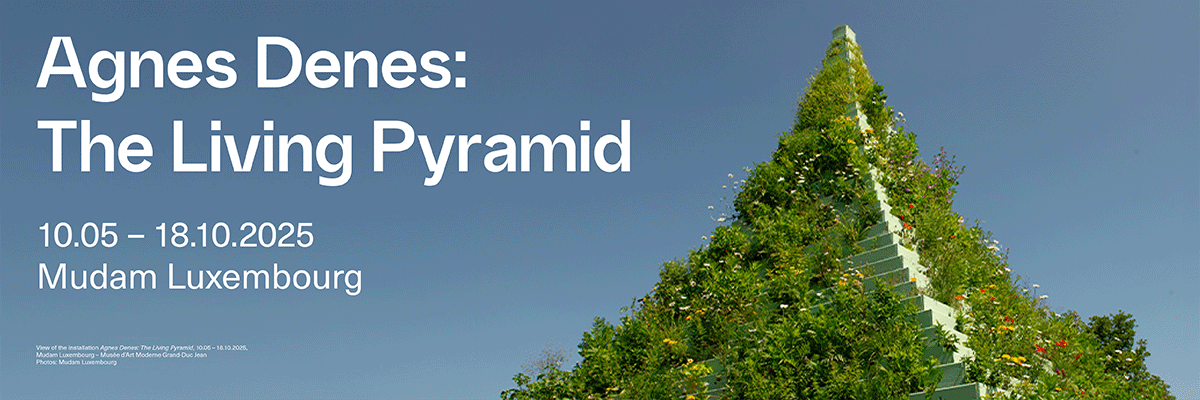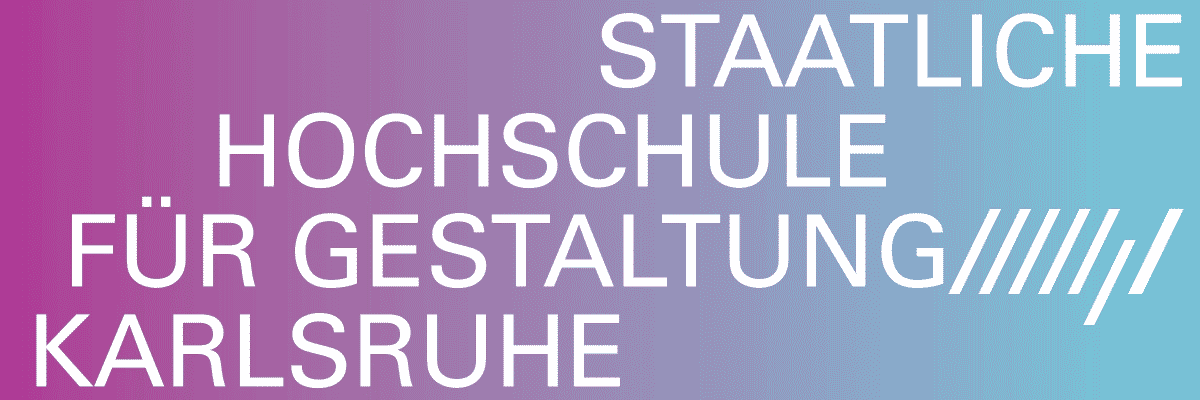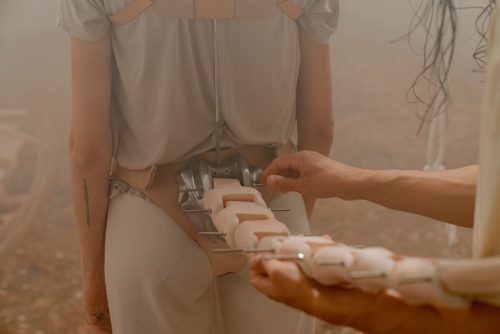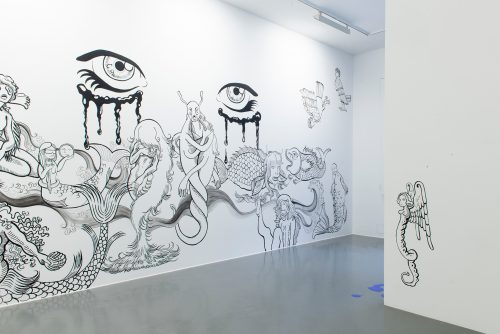
Julia Gilmour
Clutch
Project Info
- 💙 20 Albert Road
- 💚 Lunchtime Gallery
- 🖤 Julia Gilmour
- 💜 Caitlin Merrett King and Julia Gilmour
- 💛 Matthew Barnes
Share on

Clutch, Julia Gilmour, Installation View, 20 Albert Road, Glasgow, 2023-24
Advertisement

Clutch, Julia Gilmour, Installation View, 20 Albert Road, Glasgow, 2023-24

Clutch, Julia Gilmour, Installation View, 20 Albert Road, Glasgow, 2023-24

Clutch, Julia Gilmour, Installation View, 20 Albert Road, Glasgow, 2023-24
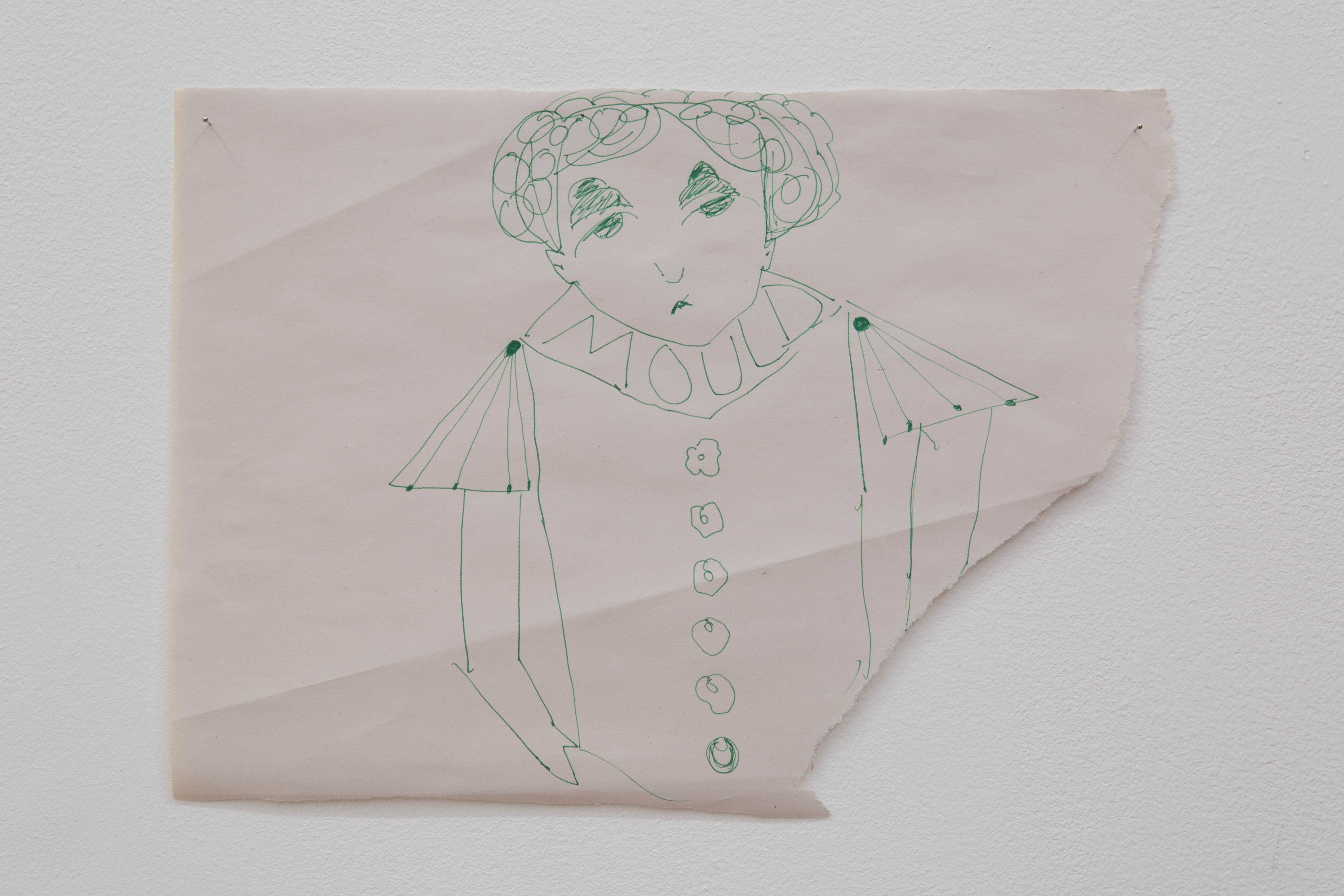
Mould, 2023, ink on newsprint, 22 x 29.7cm

Unit, 2023, watercolour on newsprint, 83.5 x 58.7cm

Filofax, 2023, watercolour on newsprint, 83.6 x 59.2cm

Gig Tickets, 2023, ink on paper, 42 x 29.7cm

Elvis of Clydebank, 2023, watercolour on newsprint, 84.1 x 59.4cm
‘In August came extraordinary rains, leaving the air between downfalls soporific and bewildered. The Dragon said to me, “Why do you work so hard? What is it all for?” Nobody had ever before asked me a question like that. It seemed sacrilegious.’
–– The Dragon, Muriel Spark, 1985
An ‘it bag’ is a style of expensive, high-status and highly coveted designer handbag that gained particular notoriety in the 1990s and early 2000s. Often named after a female celebrity, or ‘it girl’, of the time –– consider the Hermès ‘Birkin’ bag, named after the iconic singer Jane Birkin in 1984, or the ‘Alexa’, Mulberry’s homage to a 2010 Alexa Chung, clad in high-waisted denim shorts and sailor stripes –– the bag quickly goes out of fashion, is discarded and replaced for the next ‘it bag’. Easily identifiable as a status item, the bag is a signifier of taste and class: two terms that have become inseparable.
In the Marxist definition, ‘class’ refers to the conditions imposed by a system of capital, that is who owns the means of production. In her recent book Bad Taste or the Politics of Ugliness, Nathalie Olah points out that the term has now become maligned and is ‘increasingly used to denote a facet of personality’, specifically of those who are already wealthy ‘and their prosperity [is] understood to be a reward for that virtue’ –– the lie that is meritocracy. You either have class (and taste and style) or you don’t, although you can attempt to emulate it. To quote, the Real Housewife of New York Countess LuAnn de Lesseps’ debut single, ‘Money can’t buy you class / Elegance is learned, my friends.’
The paintings and drawings in this exhibition linger around fluctuating moments of pleasure and fragility, concerned with playing with luxury and glamour against any moral virtuosity. They depict
the pulses of places and consider the complicities that we inevitably participate in, whilst living and struggling with capitalism. A deft and colourful crowd robed in baroque puffed sleeves, tiaras and stilettos gather in a club, at a protest, in the library, or individually they repose and reflect –– ‘Mould’ is haunted by damp. Gilmour is interested in creativity’s importance within our connections, survival and renewal.
After years of working in the fashion industry, within her practice Julia Gilmour wrangles with the ethical and environmental impacts of such work, whilst responding to the influence of designers that she has worked for or admired. Gilmour works on newsprint and other low cost materials such as receipts, and legal pads, allowing for unpressured and prolific working, as well as a questioning of value, beauty and temporality.
This exhibition also marks the launch of her first pamphlet of poetry also titled Clutch. This collection of poems was born from explorations into pop culture, working in and frequenting bars and raves in Glasgow, her personal experience of sobriety, the importance of her queer friends and family, including her uncle who died of AIDS in the 1990s, as well as her experiences of the fashion industry. Clutch uses words as another way to draw, experimenting with forms and stylistic choices. Clutch is interested in how we are interwoven with and often beholden to our everyday objects and materials.
Julia Gilmour is an artist from Glasgow. She is studying for an undergraduate degree in Scottish Literature and English Literature with a focus on Creative Writing at the University of Glasgow. She has exhibited in the group shows, Pop Girls Run Riot, French Street Studios, Glasgow (2023) and Are you free on Sunday?, Cathcart Road, Glasgow (2022).
Caitlin Merrett King and Julia Gilmour
